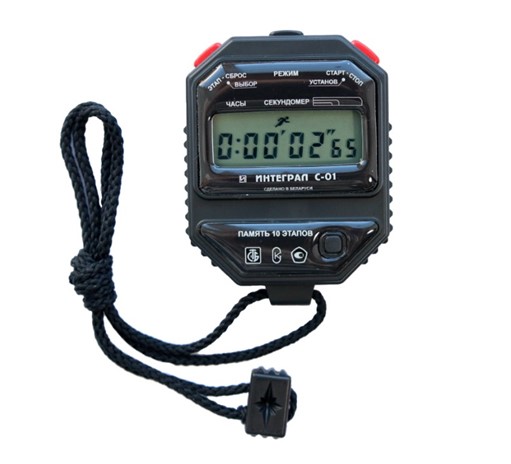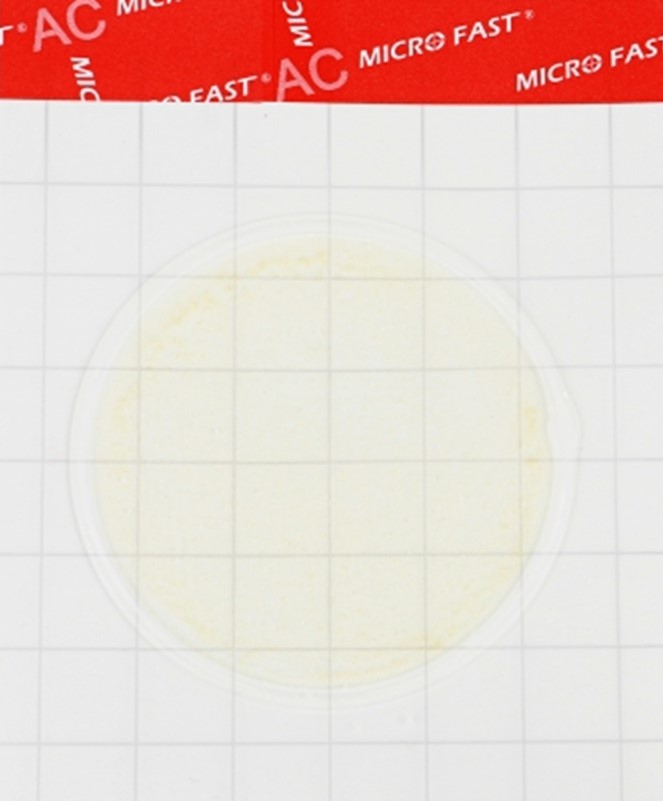Trust was unable to transfer money collected from fugitive bankers to Russia

 PIONEER MEIZHENG BIO-TECH (5 in 1) JC0726 / Rapid tests for determining the residual amount of Bacitracin, ansamycins, clindamycin, spiramycin, florfenicol in milk, whey
PIONEER MEIZHENG BIO-TECH (5 in 1) JC0726 / Rapid tests for determining the residual amount of Bacitracin, ansamycins, clindamycin, spiramycin, florfenicol in milk, whey Rapid tests PIONER 5 in 1 for the determination of sulfonamides, tylosin, tilmicosin, lincomycin, erythromycin, fluoroquinolones
Rapid tests PIONER 5 in 1 for the determination of sulfonamides, tylosin, tilmicosin, lincomycin, erythromycin, fluoroquinolones
Trust was faced with the problem of returning to Russia from abroad funds received as a result of a lawsuit won there. Alexander Sokolov, chairman of the board of the credit organization, spoke about this in an interview with RBC. We are talking, according to him, about £2–3 million ($2.5–3.77 million) stuck in the UK .
“Since February 2022, the bank of non-core assets has won several court hearings. We still do not feel any bias in either the English or Cypriot judicial systems, where we have our main disputes. Now there is no reason to predict that the situation will change for the worse. But questions arise with the collection of outstanding debts,” stated the top manager. He clarified that difficulties arose with the transfer of funds collected in a dispute with the former owners of Trust - Ilya Yurov, Sergei Belyaev and Nikolai Fetisov.
“The High Court of London rendered a final judgment in favor of the Trust for a total amount of damages of $900 million. This decision is enforced in the jurisdictions where the defendants’ assets are located. At the moment, it is difficult to withdraw funds from England,” Sokolov said.
Trust case against former shareholders
In April 2016, Trust filed a lawsuit in the High Court of London for $830 million against Yurov, Belyaev and Fetisov, as well as their wives. The bank insisted that the former owners used fraudulent schemes to withdraw money from Trust and were responsible for its collapse in December 2014 - then the bank went into reorganization, the Central Bank allocated 127 billion rubles for its financial recovery.
In January 2020, the High Court of London upheld the claim of the Trust and ordered it to recover $900 million from the former bankers. Since then, the process of claiming the “suspended” debt has been going on - the sale of property and disputes with structures associated with Yurov, Belyaev and Fetisov. In April 2021, the head of Trust, Alexander Sokolov (by that time the bank had come under the control of the Central Bank and began working with non-core assets) estimated that in this case it would be possible to return approximately $300 million, of which $50 million was the property of ex-bankers. In an interview with RBC, Sokolov clarified that the value of the remaining property of the former Trust shareholders is $30–40 million “at best.”
How Trust can solve the problem of stuck money abroadTrust does not yet have a specific way to return funds collected abroad to Russia, Sokolov admitted. However, the bank is ready not to transfer money to Russia, but to spend it on continuing litigation in foreign jurisdictions.
Read PionerProdukt .by “He exhausted me terribly”: what those who communicated with him say about Buffett Dismissal as a divorce: what questions to ask an employee during an exit interview “It’s definitely cancer!”: how thoughts about health lead to serious hypochondria “Me I’m happy with everything”: why employees avoid promotions“There is no direct tool yet. We are even considering the option that these funds will be used to finance trials abroad. Previously, recovery came from abroad, part of which we spent on paying for the services of international lawyers. Perhaps now we will deposit this money abroad, thus closing the settlements. This is unpleasant for us, but not critical,” Sokolov said.
At the same time, he admitted that the amount of money “spent” but stuck abroad will increase.
“They will grow up. Litigation continues regarding the recognition and enforcement of English court decisions against Yurov, Belyaev and Fetisov in the jurisdictions where their assets are located. The property is being sold. I am sure that Trust will receive the money,” said the head of the bank.
After the start of the Russian military operation in Ukraine , large Russian banks came under blocking sanctions , because of this they faced problems in conducting litigation against their debtors abroad. Foreign law firms must obtain special licenses to interact with Russian sanctioned banks, although sanctions do not prohibit such credit institutions from defending their interests in courts abroad. Some intermediary lawyers refused to cooperate with sanctioned Russian banks.
“Trust” is not under sanctions, but they have affected foreign litigation cases, says Sokolov: “On average, international litigation has moved forward by a year and a half. For a year due to the impact of Covid, when meetings were postponed, for another six months due to the beginning of the geopolitical crisis in February 2022.”
Some Trust debtors also tried to stop legal disputes with the bank, citing sanctions. For example, the family of the former co-owner of Otkritie, Boris Mints, appealed in court to the fact that Trust acts in the interests of the Bank of Russia, which means it will be a payment of money to Russia.
According to Sokolov, in addition to the Mints family, the former owners of Promsvyazbank Alexey and Dmitry Ananyev tried to use a similar argument. “Our opponents wasted time and money because they achieved zero results,” said the chairman of the Trust. He explained this by saying that the judicial system in the UK is “no-nonsense and very professional”.
“In the UK, in a situation where you are essentially right, the probability of winning is almost 100%. It was clear that the attempt to attack us through the sanctions prism, undertaken by the Mintz family, was made for the sole purpose of evading responsibility. And any sane person would naturally make the decision that the English judge made,” Sokolov noted.
In March of this year, the Bank of Russia extended the work of Trust as a bank of non-core assets for another three years, until the end of 2027. It is expected that the bank will continue to conduct key processes abroad, but the stated period may not be enough to complete them.
“Three years are definitely not enough to complete 100% of international cases. But we are not afraid of this, because this is a given. <…> All collection cases will be completed. Perhaps in three years we’ll transfer the rights somewhere,” Sokolov noted.
























































